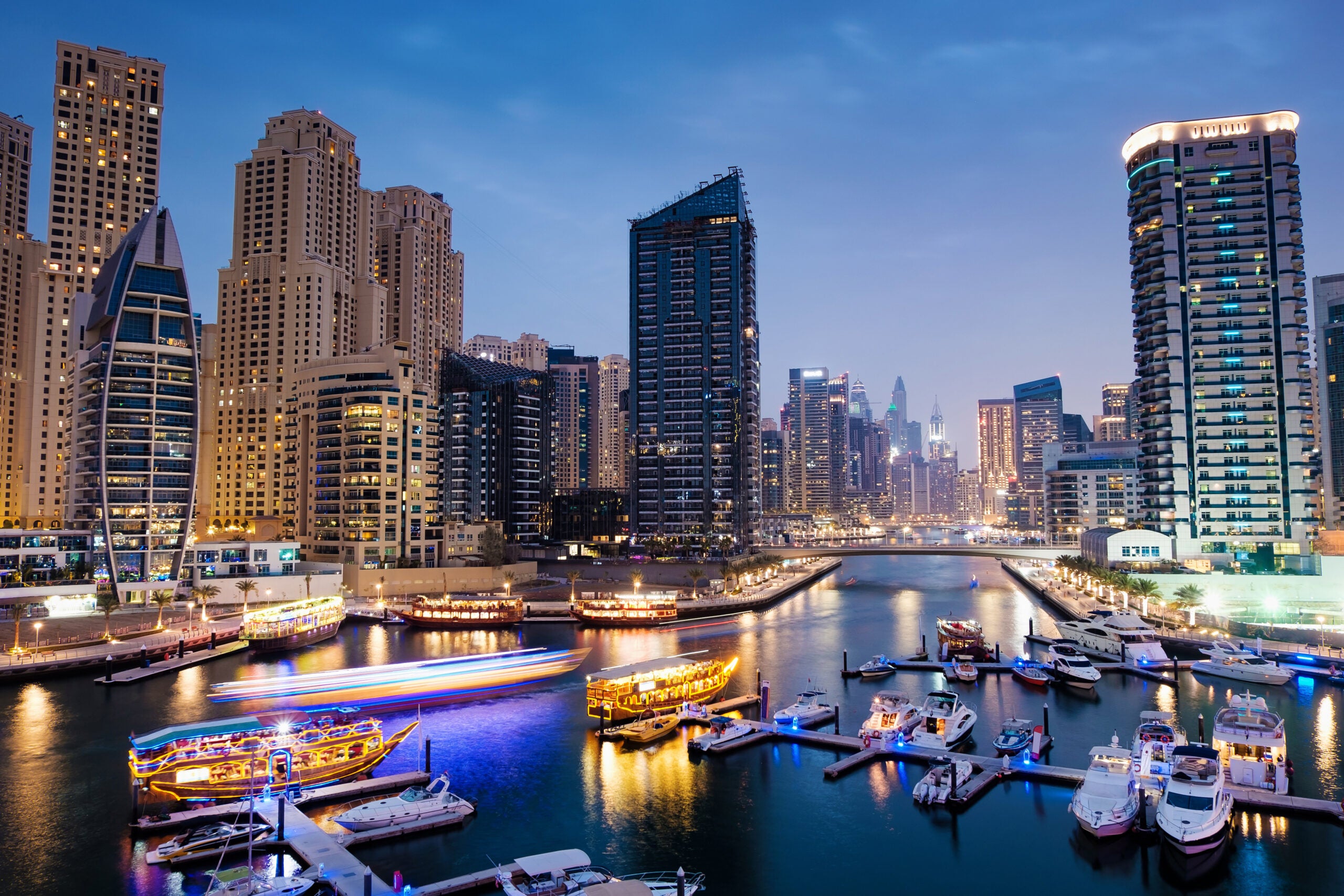
When thinking about starting a business in the Middle East, the first country that probably would come to mind is the UAE. It is a global hub with immense opportunities for people of all nationalities in several varied industries. Moreover, the liberal, stable, and business-friendly environment of the country with the utmost number of initiatives in its way to promote business is really attractive to international investors. But when deciding on free zone vs. mainland, you may then ask, “What are the differences between them?” or “Which one serves better for my business?”
What is a Mainland Company?
A mainland company is an onshore entity that is registered with the concerned government body of the respective emirate, usually the Department of Economic Development (DED). One of the main features of a mainland company is that there are no or few restrictions on the free commercial activities of the company. However, in some business activities, it may be necessary that you require a local sponsor or a UAE national as a partner.
What is a Free Zone Company?
If you want to retain full ownership of your business, then the setup in a free zone is the ideal situation. While the first free zone in the UAE was established in the 1980s, today, there are more than 45 free zones all over the UAE. Each free zone operates under its own set of legislation that forms the basic law governing the running of business organizations registered therein through its regulatory authority.
Mainland vs. Free Zone: What Is the Difference?
The differences between a mainland and a free zone company are pretty vast and may end up tilting your decision one way or the other, depending on what type of business you want to do. Here are the key distinctions:
- Ownership: Historically, a foreign investor could own 49% of a mainland company, with the remaining 51% to be held by an Emirati sponsor. More recently, the UAE has allowed 100% foreign ownership for certain activities on the mainland. However, free zones have always allowed 100% foreign ownership without the requirement to have a local sponsor.
- Business Scope: While the companies of the mainland are free to operate throughout the UAE, a free zone company faces geographical restrictions and needs to find a local agent to conduct business outside its zone.
- Visas: There is no limitation on the number of visas to be issued in an onshore company, but it is dependent upon the workspace area. The number of visas for UAE free zone companies depends on the size and type of the company.
- Business Setup Approvals: Much the same as a mainland company, a lot of government agencies may be required for approvals, like the DED, Municipality of Dubai, and Ministry of Labour. Contrary to this, free zone companies only need to follow the stipulated regulations of their zone. However, there are some activities that require external approval.
Advantages of a Mainland Company
Formation of a mainland company comes with various advantages:
- Freedom to operate in the entire UAE
- Full Repatriation of profits and capital
- Can bid for UAE government projects
- No restrictions on visas
- Flexibility with office premises and the option to open multiple branches
- No restrictions on global markets
Advantages of a Free Zone Company
Formation of a company in a free zone also comes with its perks:
- 100% ownership – no local sponsor required
- Easy and fast company registration procedure
- Repatriation of capital and profits
- Shareholders’ information remains confidential
- Simplified procedures for recruitment
- Advice on business and networking from the Free Zone authorities
Working with GFLO Consultancy
Take advantage of their free consultations to receive unbiased advice on UAE business formation and find the best fit for your needs.
705 Views












